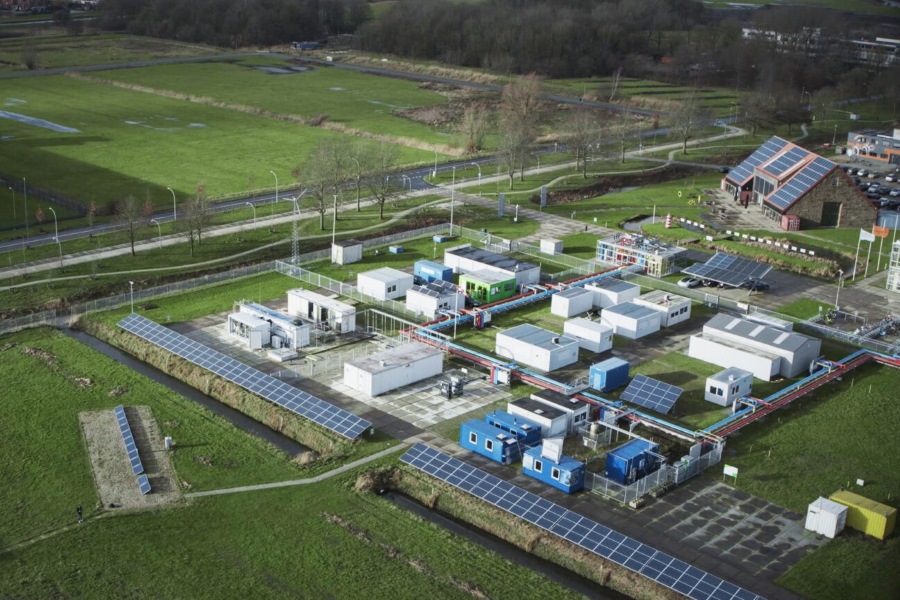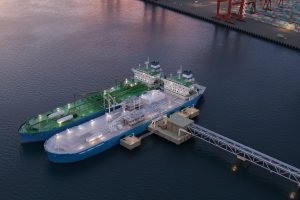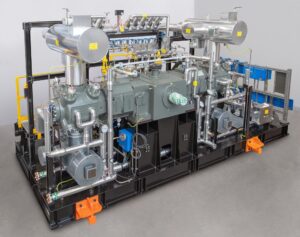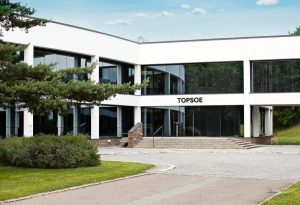The test centre was established to facilitate industrial-scale electrolysis testing and to help bridge the gap between laboratory research and real-world application. The facility houses two types of electrolysers, each with a capacity of up to 250 kilowatts: an alkaline electrolyser and a PEM electrolyser. Over the past several years, a state-of-the-art installation has been developed that meets stringent European industrial safety standards and offers extensive options for variable testing.
The alkaline electrolyser has already been successfully commissioned and produced the first hydrogen. The PEM electrolyser, developed by TNO, is expected to be operational within a few weeks. It features a flexible Balance-of-Plant design and is ideally suited for testing new components, forming a vital link between research at the Faraday Lab and industrial application. The alkaline system, designed to resemble a standard industrial installation, will be used not only for research but also for training and education purposes.
At the test centre, experiments are conducted using large-scale equipment under varying conditions, such as fluctuating power input, elevated temperatures, and increased pressures. “Producing hydrogen at higher pressure and temperature can help reduce energy demand,” said Andreas ten Cate, Programme Director at ISPT.
Higher temperatures increase the efficiency of the electrolysis process, while elevated pressure reduces the need for compression when transporting hydrogen to end-users – resulting in potential energy savings in industrial settings. However, the optimal balance between pressure, temperature, and efficiency – while ensuring flexible operation – depends on the system and remains an open question. The test centre will be exploring this further in the next phase of research.
Rob Kreiter, Director of TKI Energy & Industry, commented: “I am proud that through our co-funding we were able to contribute to the realisation of this important facility. This will undoubtedly accelerate the development of robust, large-scale electrolysers.”
The MegaWatt Test Centre is a collaboration between Shell, Nobian, HyCC, Yokogawa, Yara and Groningen Seaports, and the knowledge institutions Entrance (Hanze), TNO, University of Groningen, and the Institute for Sustainable Process Technology (ISPT). The development has received support from TKI Energy & Industry, the Dutch Ministry of Economic Affairs and Climate Policy, and the Province of Groningen.






